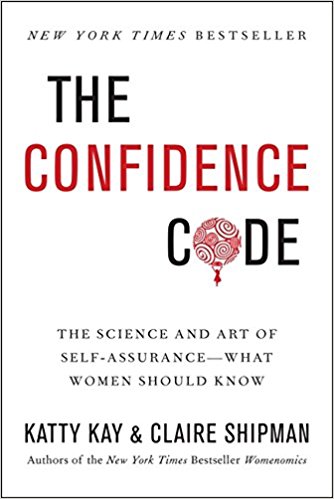
Drrrrumroll please: I’d like you to meet the Confidence Cousins
We’ve all heard of confidence (and most of us seek more of it!) but rarely do we acknowledge the equally important “confidence cousins”: self-esteem, optimism, self-compassion and self-efficacy. While we know stuttering is not directly affected by confidence, when we feel more confident we might feel less tension in our body, and that might make it just that much easier on our speech. Get to know the confidence cousins – you might like what you find!
Self-esteem is an attitude about ourselves (“I am valuable”, “I am loveable”, “I like myself”) and is a buffer to withstanding setbacks. How much of our self-esteem it is tied to confidence depends on whether we base our self-esteem on talents/abilities or being a moral/good person. What do you base your self-esteem on?
Optimism is an attitude about the world. Optimists expect the most favourable outcome of any situation and have the attitude that everything will work out, the classic glass-half-full-perspective. Confidence + optimism encourages action: “I can make this work”. It is thought that optimism can be learned through a series of mastery (getting good at something) and hard-knocks (experiencing hardship and disappointment). How do you relate to optimism?
Self-compassion is a way of being. Simply put, it is the acknowledgement of our pain and suffering, big (“My expression feels restricted by my stutter”) and small (“I feel overwhelmed by all the chores I have to do”). By placing our individual struggles in the framework of shared experiences, self-compassion chalks up our imperfections and suffering to being human. Simply stated: Life is dang hard!! Self-compassion drives confidence and increases motivation by cushioning failure. For instance, if we are debating trying something new, a self-compassionate self might say: “I appreciate you putting yourself out there, and I will love you no matter what happens. Just showing-up is enough.” Short cut to self-compassion? Be your own best friend!
Self-efficacy is the belief in our ability to succeed at something. Self-efficacy can be developed by trying hard and becoming good at something. Do you view challenges as tasks to be conquered? Are you deeply involved in activities? Do you recover fast from setbacks? You might have high self-efficacy!

This book helped to demystify what confidence was. Understanding how confidence is plastic—i.e., not determined at birth and can be built—gave me hope for myself. Unpacking confidence into subcomponents of self-esteem, optimism, self-compassion and self-efficacy gave me several opportunities (four of them!) to build a better me and helped me deal with my stuttering.
If you are interested to learning more about confidence—where it comes from, how it can be built and how it differs among people—check out The Confidence Code by Kay and Shipman.